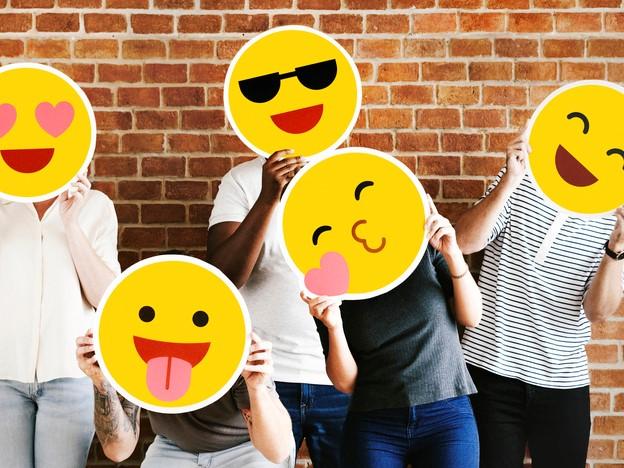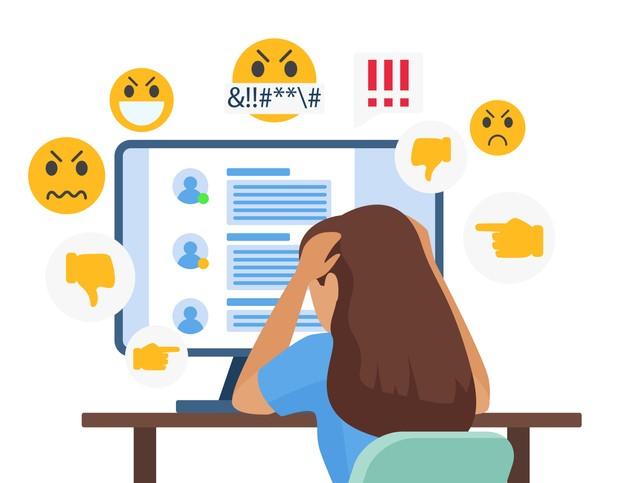
Social media can help new students make friends – but we must regulate it
There’s much to like about employing social media to help nervous students make connections before being dumped on campus, but universities must not overlook their duty of care

My son started university in September. Prior to commencing his studies, he was invited to join Facebook groups comprising others who would be living in the same halls or studying the same course as him. Clearly, the intention was that they might get to know each other before term started, such that meeting future flatmates and coursemates might be less daunting.
As an aside, I’ve sat in many university-level meetings where student services enthusiastically talk about setting up Facebook groups and similar to “engage with students in their world”. I feel duty-bound to let people with that impression know that my son (and many of his new friends) had to create a Facebook account in order to join the groups. This is not a platform with which they were familiar. “Only Boomers use Facebook” was his first observation.
Nevertheless, once he’d set up his Facebook account and joined the groups, he was engaged in discussions for about a month before we deposited him at the halls, and he met his new friends with a familiarity that made me reflect upon my own experience of induction when I started my own studies.
- WhatsApp and campus trails: supporting students in building peer support networks
- If universities push staff towards social media, they must protect them, too
- Taking the shock out of culture shock: helping international students navigate transitions
This involved me sitting in a room with 70 strangers, wondering if we were in the right room. We weren’t. We then had to sit through four hours of induction talks where we were “encouraged” to speak to the person who was coincidentally sitting next to us, as a crude “getting to know you” exercise. To be frank, as a fairly awkward 19-year-old, the first couple of weeks left me with few fond memories.
Clearly, the use of pre-sessional social media as a means of getting to know your future peers presents much opportunity for many students, especially those who are less comfortable in face-to-face situations with unfamiliar people.
Many students are away from home for the first time, moving to unfamiliar cities (indeed, for many, the first time they might have lived in a city) and have anxieties about potentially leaving friends behind for a lonely existence on campus. Providing a means of getting to know peers from either courses or halls, using these informal approaches, clearly goes a long way in addressing some of those fears. And digital communication (regardless of platform) is something most new students are very comfortable with.
There are also some anecdotal reports that the use of such approaches (alongside a mix of other induction efforts) reduces dropout rates in some institutions. For teaching staff, familiarity among the student body at the start of the first year means they can “hit the ground running” with course content, rather than spending the first couple of weeks on ice-breaker activities that no one is really enjoying.
While there are clearly many positives to these practices, I would express a word of caution. Given that the students have not formally enrolled at the institution, there might be a view that duty of care is not something with which we need to be concerned. I would disagree. If we’re placing students in these spaces in order that they get to know fellow students, we have responsibility for ensuring they are also spaces where they are free from abuse and harassment. This is not something that should be entered into without establishing policy, advice on how to manage offensive or abusive communications and routes for disclosure should a student wish to report abuse. And when invitations are sent to students to engage with these groups, clear sanctions for those who choose to harass or abuse should be made clear from the start.
I’m also asked whether academics should engage with these groups. I think this is a personal choice for the academic but not something I would do myself. These are informal spaces for the students to get to know each other, and while they might be monitored (and if they are, students should be told this is the case), to actually engage in the discussion is potentially a little more awkward. It would feel to me a bit like gatecrashing a student house party then feeling embarrassed when the conversation dries up.
There is much to like about these approaches – and from both personal and professional perspectives I’ve seen many benefits. But we still need to be mindful that if we encourage them, and there is no reason why we should not, we do so with an eye on student welfare too.
Andy Phippen is professor of digital rights at Bournemouth University.
If you found this interesting and want advice and insight from academics and university staff delivered direct to your inbox each week, .

